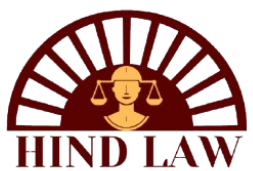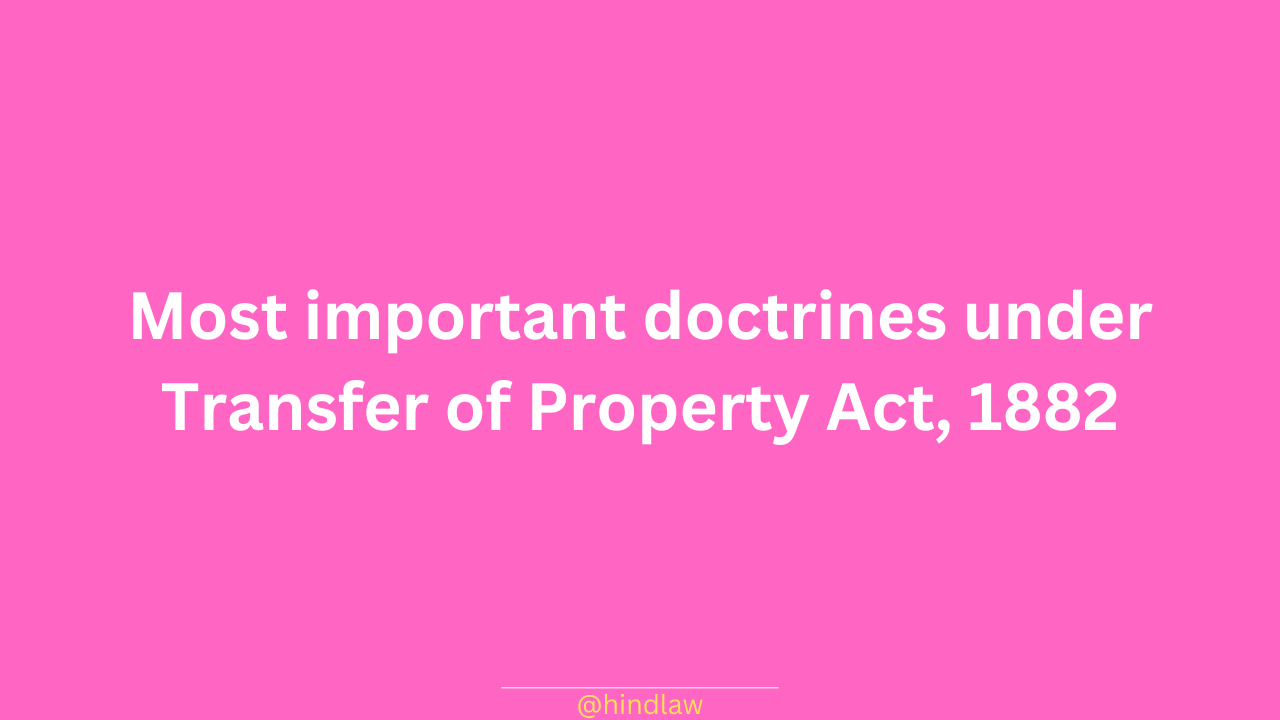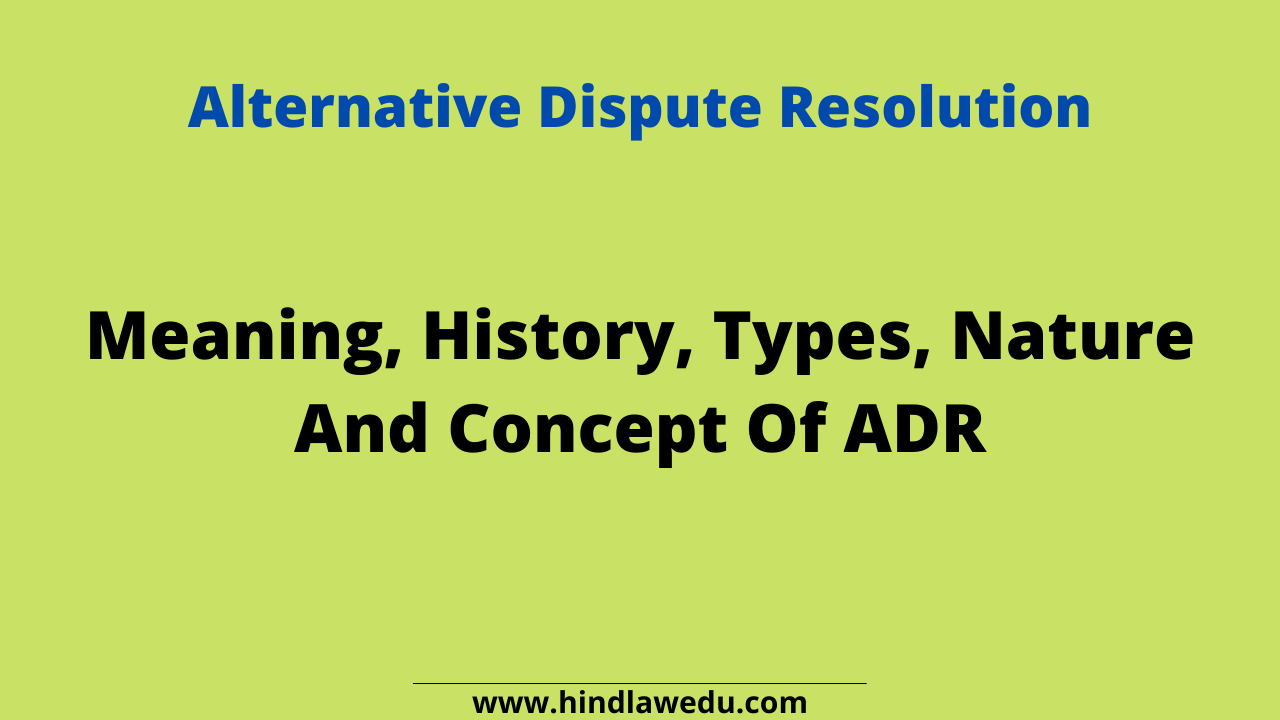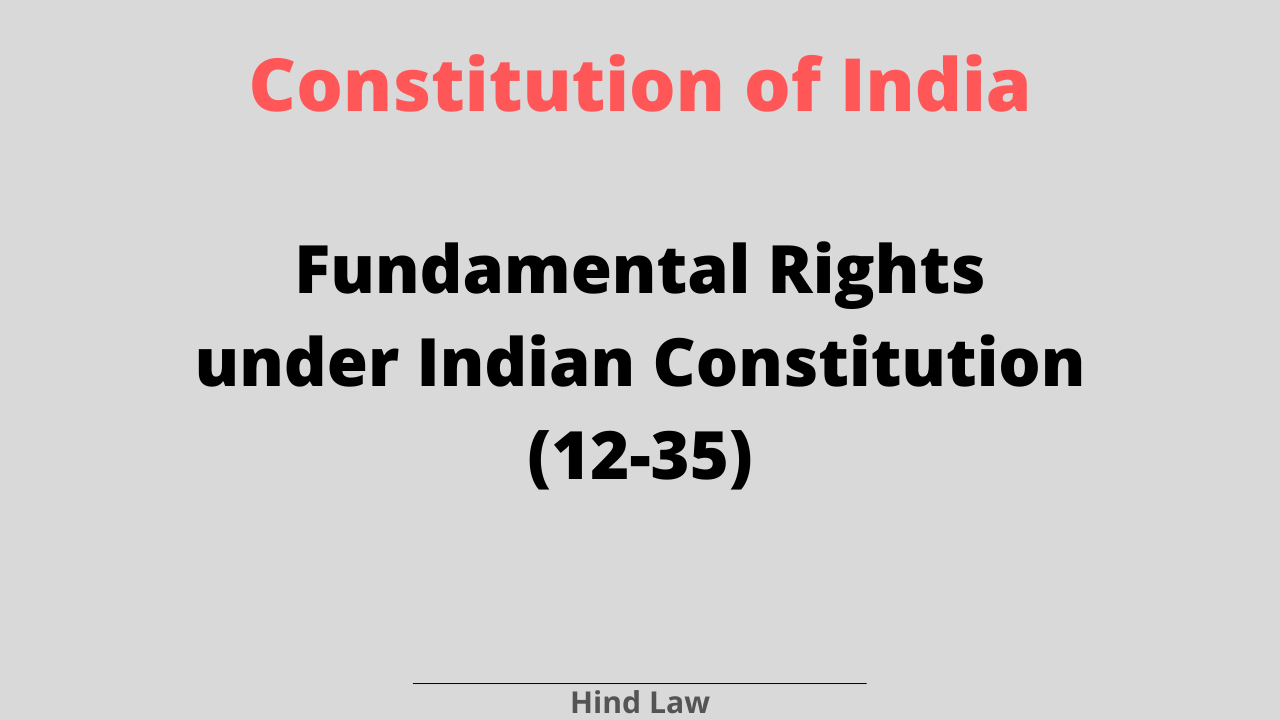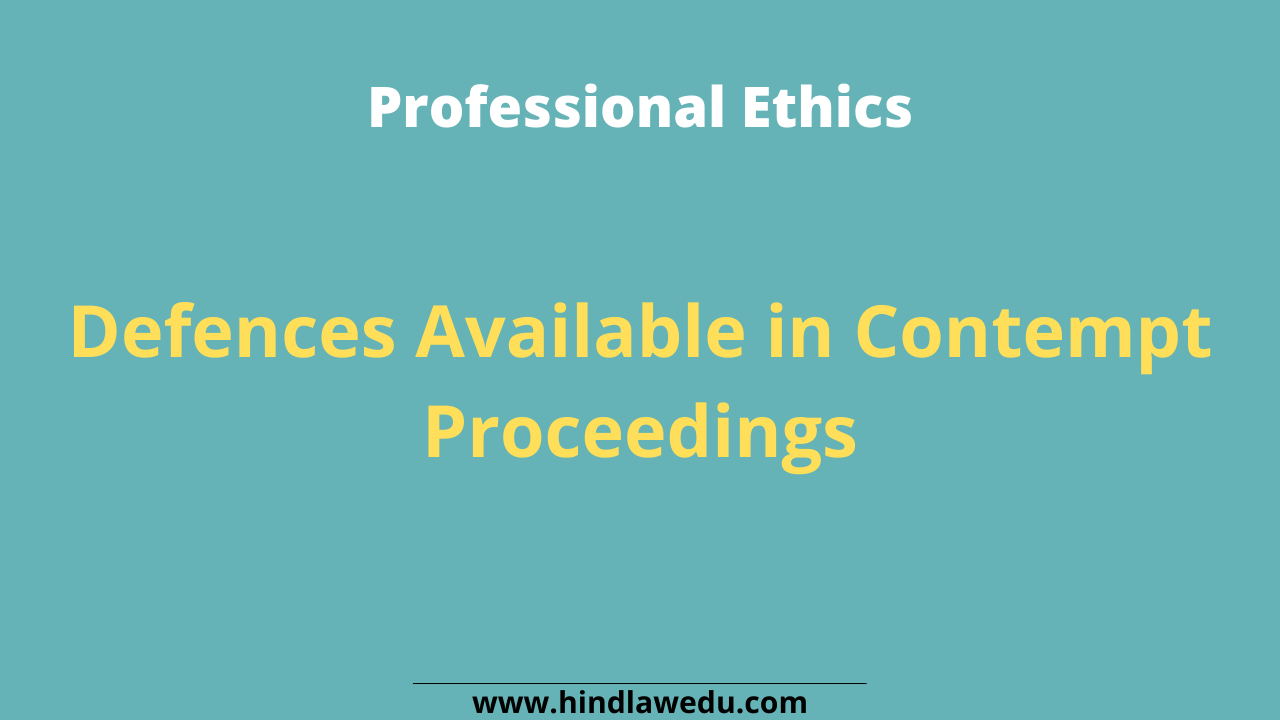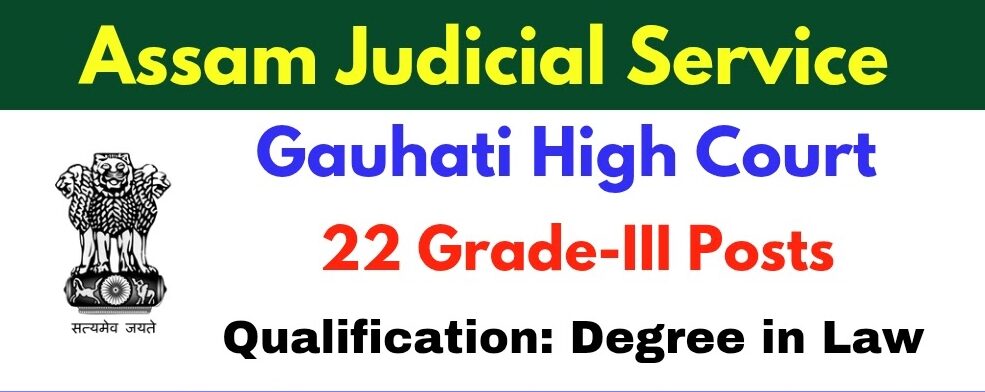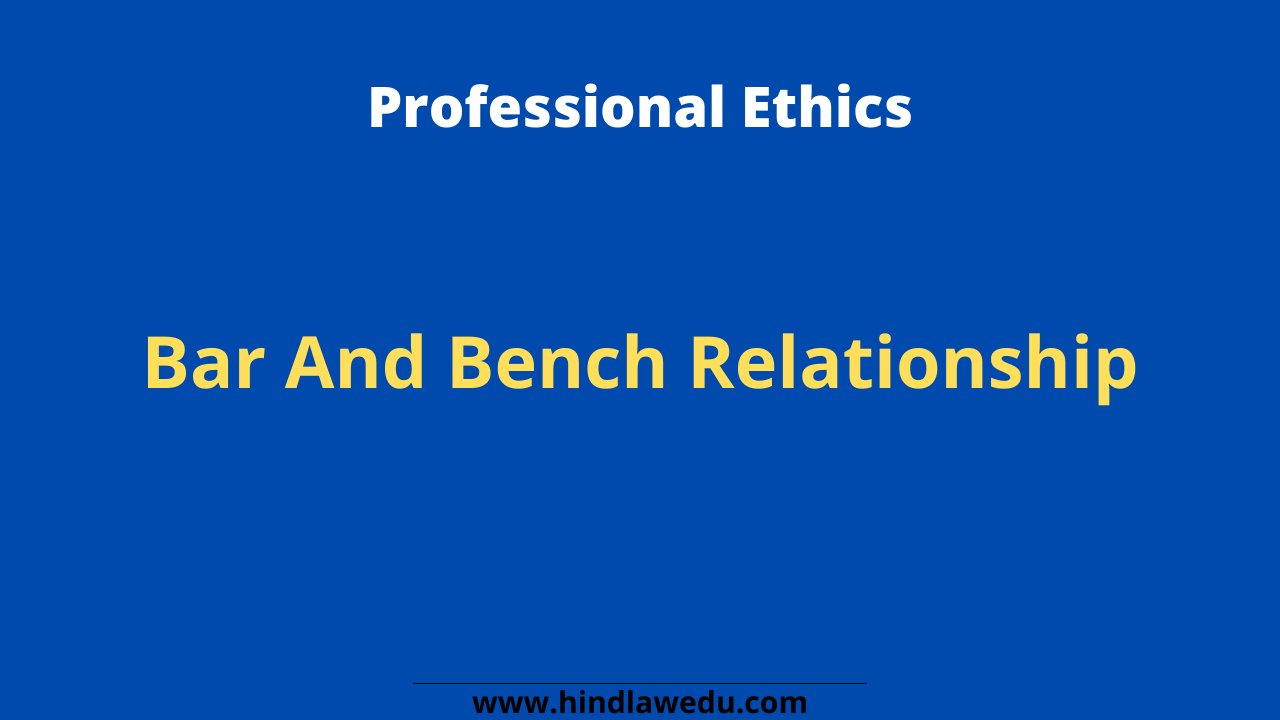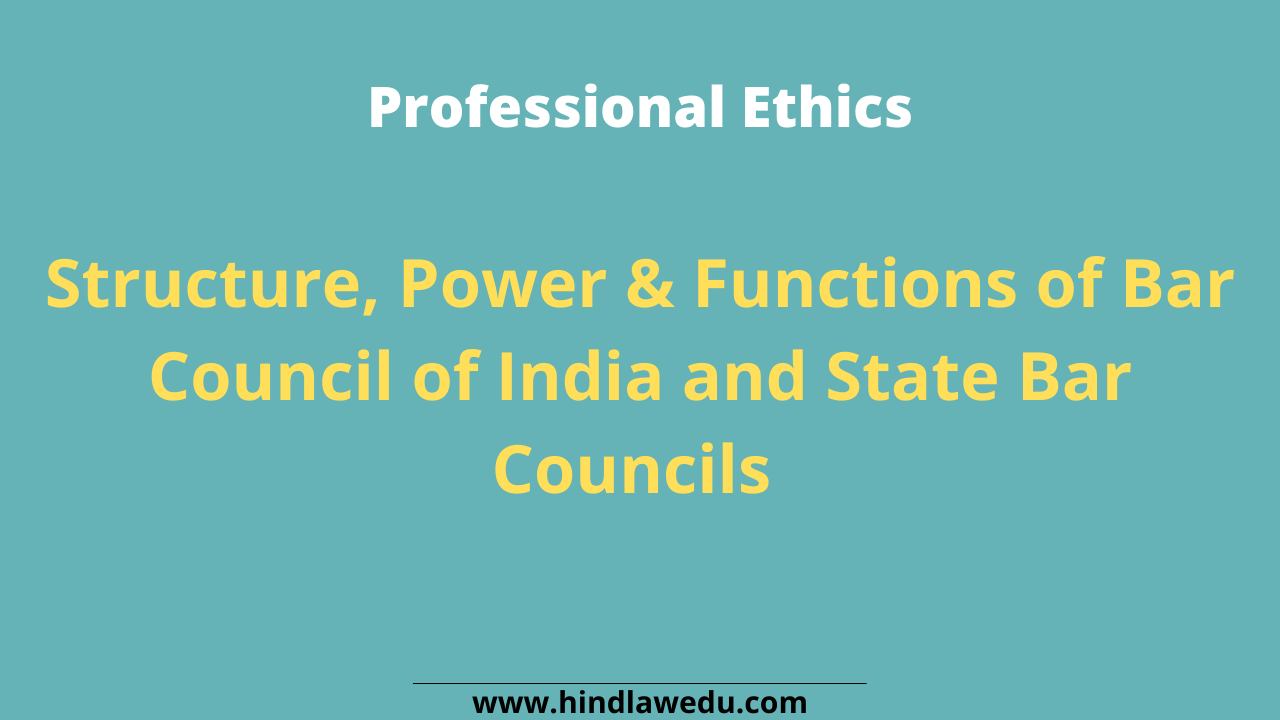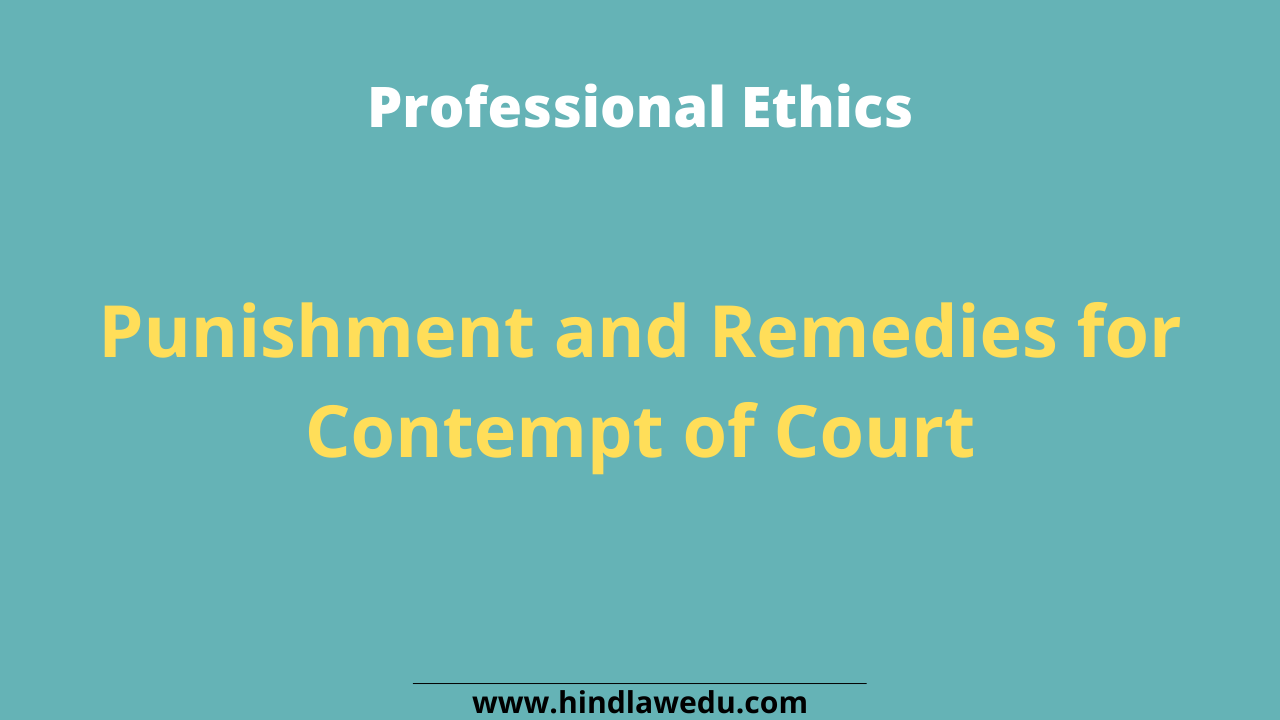The Bar and Bench plays an important role in the administration of justice. The judges administer the law with the assistance of the lawyers. The lawyers are the officers of the court. They are expected to assist the Court in the administration of justice. Actually lawyers collect materials relating to the case and thereby help the court in arriving at a correct judgment.
The Supreme Court also stated that the administration of justice is a stream which has to be kept pure and clean. It has to be kept unpolluted. Administration of justice is not something which concerns the Bench only but it concerns the Bar as well. Both the judges and the advocates complement each other in serving justice. No one should be able to raise a finger about the conduct of the lawyer. The primary duty of the lawyer is to inform the Court as to the law and facts of the case and to aid the Court to do justice by arriving at the correct conclusions.
Good and strong advocacy by the counsel is necessary for the administration of justice. Consequently, the council must have the freedom to represent his case fully and properly and should not be interrupted by the judges, unless such interpretation is necessary. On account of the nature of duties to be discharged by the lawyers and judges, they may get into dialogues sometimes harmonious, sometimes harsh and heated. The heated decision sometimes results in contempt of court. If the advocates have in mind that there is a contempt of court and may be punished there under and the judges also have in mind that they are not above law, the heated decision may not lead to ugly situation.
Since, the advocates are the officers of the court they are required to maintain the respectful attitude bearing in mind that the dignity of the judicial office is essential for the survival of the society.
During the presentation of the case, and while acting otherwise before the Court an advocate is required to conduct himself with dignity and self-respect. An advocate should not consider himself mere mouthpiece of the client and should exercise his own judgment in the use of restrained language in dealing with the court.
The judges also play an important role in the maintenance of the rule of law which is essential for the existence of an orderly society. It is the duty of the lawyers to play a constructive role in the administration of justice. They must be respectful to the judges but at the same time, in case of proper grounds for complaint against a judge, they should submit the complaint to the proper authority in the proper manner.
A judge must be impartial and must do everything for justice and nothing for himself or his friend or his sovereign. A judge must not allow himself to be subjected to any influence other than influence of the law and justice of the cause. He must discharge his duties without fear or favor, affection or ill-will. A judge shall also possess a calm temper.
Another duty which the judge owes to the Bar is to respect its privileges(rights). A judge’s duty to the Bar is to sit with a respective mind.
Another duty of a judge is to avoid interruption of the counsel in their argument and in the examination of witnesses. If a lawyer is well prepared and making an orderly presentation of his case, undue inferences may hinder in the path of finding the truth.
Conclusion
Therefore the relation between bar and bench is very much crucial for the proper functioning of the judicial machinery. Attitude of the advocate should be respectful towards the court and the judges should also show polite behaviour to the bar. This will help in maintaining the high standard of the profession and respect in the eyes of the common people.
Read About:
The Bar Council Code of Ethics
